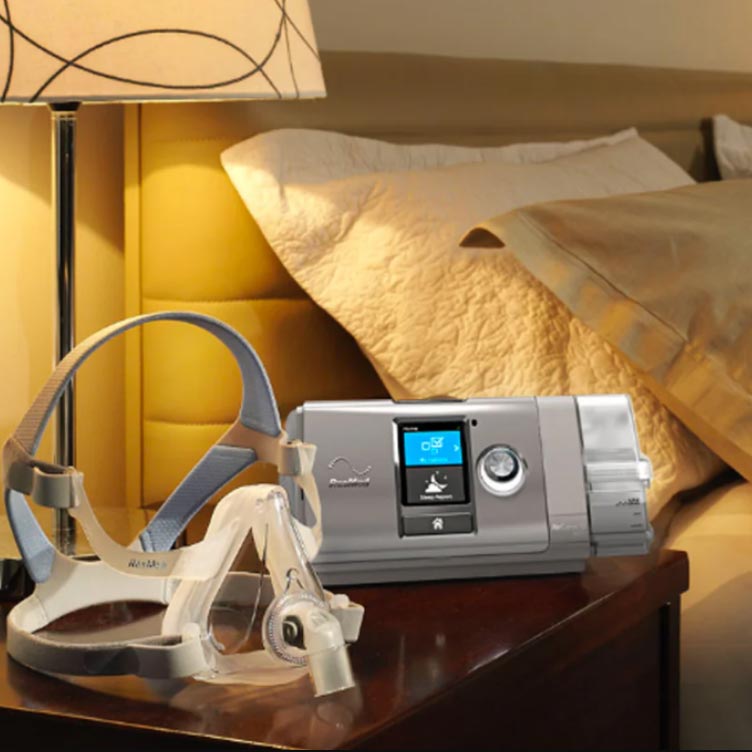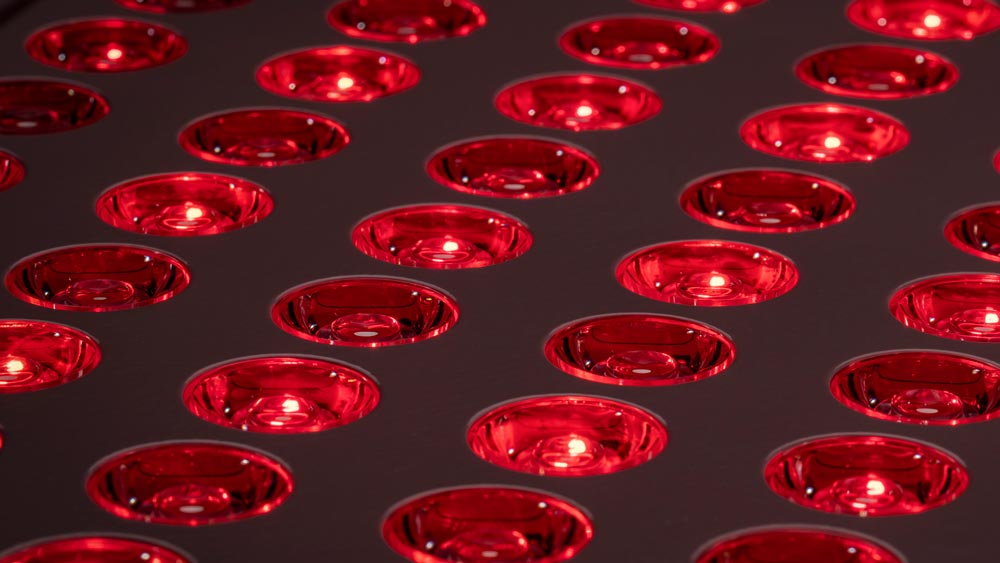![]() Free Shipping
Free Shipping ![]() Buy Now, Pay Later
Buy Now, Pay Later ![]() Eligible
Eligible
Benefits of BiPAP and VPAP devices for patients with severe respiratory disorders.

For many patients with severe respiratory disorders such as sleep apnea, chronic obstructive pulmonary disease (COPD), or central sleep apnea, standard treatments may not be sufficient. In such cases, therapy that requires an individualized approach often involves the use of specialized breathing support devices such as BiPAP (bilevel positive airway pressure) and VPAP (variable positive airway pressure). These devices provide breathing relief and are indispensable for patients with severe breathing disorders.
What are BiPAP and VPAP devices?
BiPAP and VPAP devices are types of therapeutic devices used to treat patients with various respiratory diseases when conventional treatments or standard CPAP (continuous positive airway pressure) devices do not provide sufficient results.
- BiPAP (Bilevel Positive Airway Pressure). This is a device that provides two levels of air pressure – one during inhalation (IPAP) and the other during exhalation (EPAP). This approach allows patients to exhale air more easily, which reduces the load on the respiratory muscles and facilitates the breathing process, especially for patients with impaired respiratory function.
- VPAP (Variable Positive Airway Pressure). VPAP is a type of BiPAP that automatically adjusts the level of air pressure during sleep based on changes in the patient’s respiratory cycle. This allows the device to adapt to the individual needs of the patient in real time, providing optimal breathing support.
If you are looking for a high-quality BiPAP or VPAP device at an affordable price, check out the range of devices from various popular brands that are presented on our website:
https://medsupplycart.com/collections/bipap-vpap-machines
Benefits of BiPAP devices for patients with severe respiratory disorders.
BiPAP devices provide a number of important benefits for patients with severe respiratory problems. These devices allow for more efficient and comfortable lung ventilation, which is especially important for those suffering from chronic and progressive respiratory diseases.
- Breathing relief. One of the key advantages is the ability to provide two levels of pressure, which greatly facilitates the breathing process. Patients with weakened respiratory muscles or breathing disorders often have difficulty exhaling, and conventional CPAP devices may not be effective enough for them. BiPAP provides a lower exhalation pressure, which reduces the load on the respiratory muscles and facilitates the breathing process.
- Individual approach to therapy. They allow you to adjust the pressure level separately for inhalation and exhalation, which makes it possible to adapt therapy to the specific needs of the patient. This is especially important for patients with different types of respiratory disorders, where the standard approach may not be effective enough.
- Improved lung ventilation. Devices help improve lung ventilation, which is critical for patients with diseases such as COPD, in which the lungs are unable to provide sufficient ventilation. The use of BiPAP can reduce the level of carbon dioxide in the blood and improve the patient’s overall condition.
- Comfort during sleep. Many patients with respiratory disorders experience discomfort during sleep due to the need to use CPAP machines. BiPAP provides greater comfort by reducing exhalation pressure, which allows patients to more easily adapt to therapy and get quality sleep.
Benefits of VPAP devices for patients with severe respiratory disorders.
VPAP devices, as a type of BiPAP, provide additional features for patients who need more dynamic breathing support. They automatically adapt to changes in the patient’s respiratory cycle, making them an ideal choice for those suffering from complex forms of sleep apnea or other respiratory disorders.
- Automatic pressure control. One of the main advantages is their ability to automatically adjust airway pressure during sleep. This allows the device to adapt to changes in the patient’s breathing in real time, ensuring stable ventilation even in difficult conditions.
- Optimal therapy for complex sleep apnea cases. They are indispensable for patients with complex sleep apnea, when breathing patterns change throughout the night. Automatic pressure adjustment allows for optimal therapy adapted to the specific needs of the patient, making VPAPs more effective than traditional treatments.
- Reduced risk of complications. Patients with serious respiratory disorders often face the risk of complications due to breathing instability during sleep. These devices help to reduce this risk by automatically adapting to changes in the respiratory cycle and providing stable breathing support throughout the night.
- Increased comfort and improved quality of life. Similar to BiPAP, VPAP devices provide increased comfort during sleep by reducing exhalation pressure. This allows patients to better adapt to therapy, which improves their quality of life and increases the effectiveness of treatment.
Indications for the use of BiPAP and VPAP devices.
BiPAP and VPAP devices are recommended for use in patients with severe respiratory disorders who require an individualized approach to lung ventilation. The main indications for the use of these devices include:
- Central sleep apnea. Each type of device is effective in the treatment of central sleep apnea, where flexible breathing support is required.
- Chronic obstructive pulmonary disease. Patients suffering from this disease can significantly benefit from the use of BiPAP devices to improve lung ventilation and reduce the burden on the respiratory muscles.
- Hypoventilation syndromes. In these conditions, the lungs do not provide sufficient ventilation, and the use of these devices helps to reduce the level of carbon dioxide in the blood and improve the patient’s overall condition.
- Complex forms of sleep apnea. VPAP devices are an ideal choice for treating complex sleep apnea, where breathing disorders change during the night.
BiPAP and VPAP devices are important tools for the treatment of patients with severe breathing disorders. They provide an individualized approach to therapy, improve lung ventilation, reduce the risk of complications, and improve the quality of life of patients. Thanks to their ability to adapt to the needs of the patient, these devices are indispensable in the treatment of serious respiratory disorders and provide effective breathing support in the most difficult cases.





